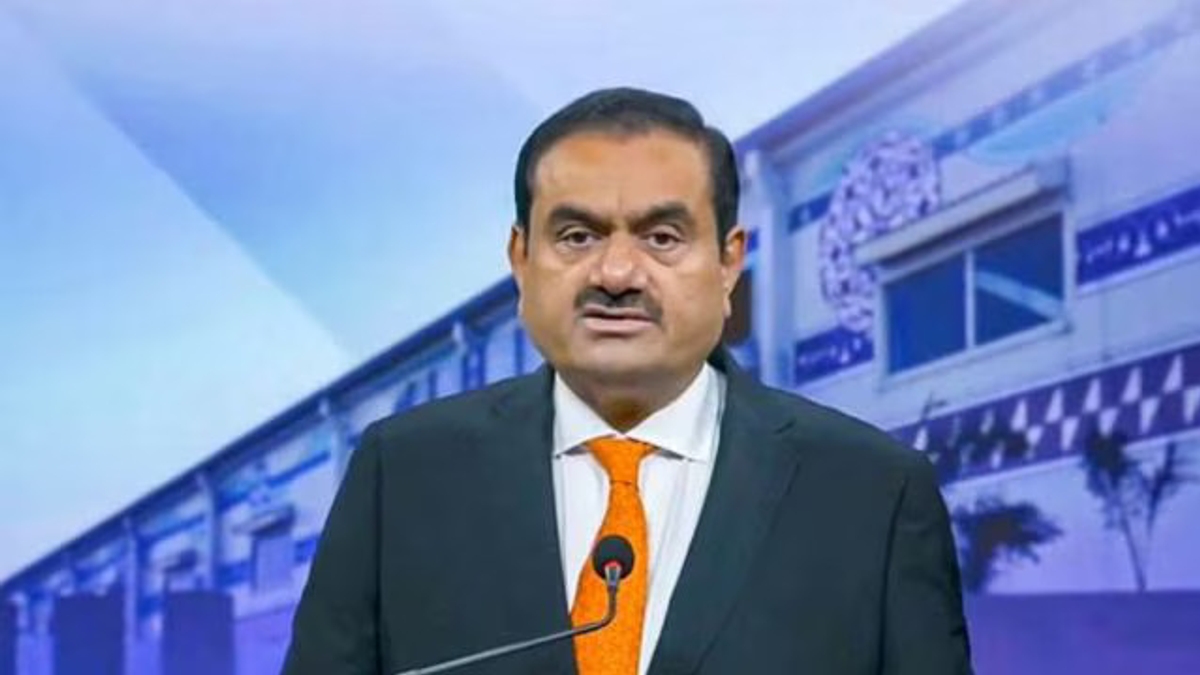
Mumbai: Gautam Adani, Chairman of the Adani Group, revealed on Friday that his conglomerate plans to establish AI-first Healthcare Temples, beginning with projects in Ahmedabad and Mumbai. During his speech at the 5th Annual Conference of the Society for Minimally Invasive Spine Surgery – Asia Pacific (SMISS-AP) in Mumbai, Adani announced, “We will deliver on this commitment through the Adani Healthcare Temples—integrated, 1,000-bed campuses starting from Ahmedabad and Mumbai.”
These healthcare facilities aim to be world-class, affordable, and driven by artificial intelligence, with guidance from the renowned Mayo Clinic to ensure adherence to global standards in medical infrastructure and research.
Furthermore, Adani announced the group is preparing for a colossal capital expenditure of nearly $100 billion over the next five years. He emphasized that these investments symbolize the future trajectory of India, with the scale and pace of this financial commitment being unprecedented in the country’s private sector history.
Reflecting on his entrepreneurial journey, Gautam Adani shared insights from his early days in Mumbai, where a small initial deal earned Rs 10,000—more meaningful for inspiring confidence than the monetary value. He highlighted that entrepreneurship is rooted in conviction, courage, and daring to dream, even amid uncertainty.
Adani recounted being called back to Ahmedabad in 1981 at the age of 19 to manage his brother’s PVC film factory, an experience that taught him resilience and people management challenges, especially under the Licence Raj regulation. He also discussed the success of the Mundra port project in Gujarat, which began with a vision to develop a salt export jetty with a foreign partner—who later backed out, leaving Adani to build the port independently. Despite initial skepticism, Mundra became more than a port; it grew into India’s largest multi-cargo port, housing the world’s largest private single-site thermal power plant, a significant solar and wind manufacturing hub, and various industries including petrochemicals and copper smelting.
His journey from Mundra has expanded across India, positioning the Adani Group as the world’s second-largest solar power company and builder of the largest single-site hybrid renewable energy park (30 GW over 500 sq km). The group is also India’s top private airport operator, managing over 25% of passenger traffic and 38% of air cargo. With India’s largest ports and logistics network, Adani highlighted that the company handles 30% of the country’s seaborne cargo, alongside an integrated energy portfolio spanning thermal power, renewables, LNG, LPG, battery storage, EV charging, hydrogen, and mining.
He further highlighted the group’s growing footprint in cement manufacturing, aerospace and defense, data centers, and real estate, underscoring the company’s diverse ambitions in transforming India’s economic landscape.
